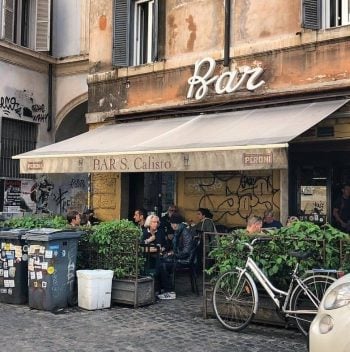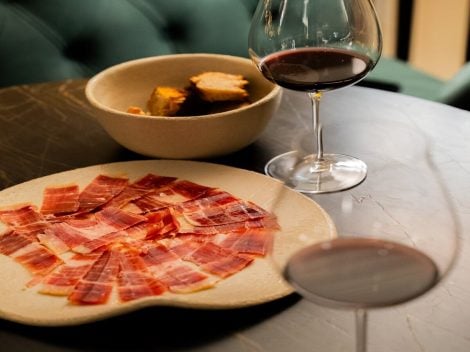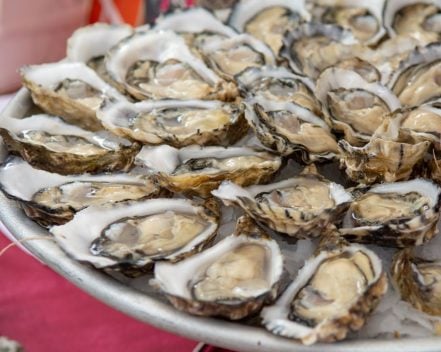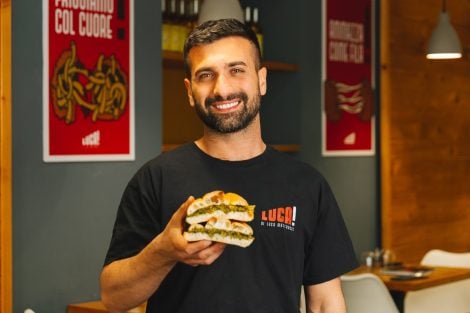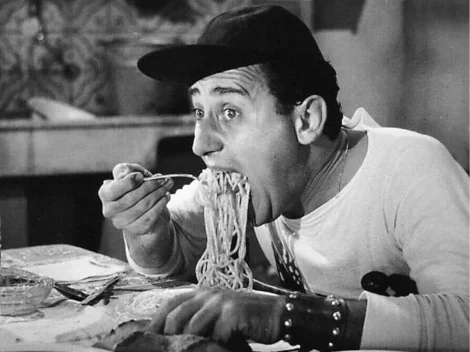The Trump administration's decision to revoke birthright citizenship has sparked a national debate on the meaning of citizenship and belonging in the United States. The right to citizenship for anyone born on U.S. soil, enshrined in the 14th Amendment of the U.S. Constitution, is one of the foundational pillars of the nation’s identity. Introduced in 1868 during the post-Civil War Reconstruction era, birthright citizenship was conceived as a safeguard of equality, ensuring that every individual born in the United States, regardless of their parents’ origins or immigration status, is recognised as a full citizen. Its abolition marks an unprecedented gamble, capable of profoundly altering the social and political fabric of the country. Historically defined as a nation of immigrants, the United States has grown through shared democratic principles and the vital contributions of generations of immigrants’ labour and ingenuity.
In this context, the stories of chefs born in the U.S. to immigrant families serve as a striking example of this principle. These professionals embody the very idea of an America built on the labour, social contributions, and cultural enrichment brought by immigrants—not only through their culinary traditions but also through an enduring cultural legacy.
The contribution of chefs to American culinary culture
Born in Virginia in 1977 to South Korean parents, David Chang founded the celebrated Momofuku restaurant in New York in 2004. His innovative cuisine has profoundly influenced the American gastronomic scene, bringing Korean culinary culture to the forefront and elevating it to a viral phenomenon for American palates.
Also born in America is Christina Tosi, who was born in 1981 to Italian parents who emigrated to Ohio. Tosi co-founded Milk Bar with Chang, an innovative pastry shop with locations in several U.S. cities. Known for her unique sweet creations, she has helped redefine modern American pastry-making.
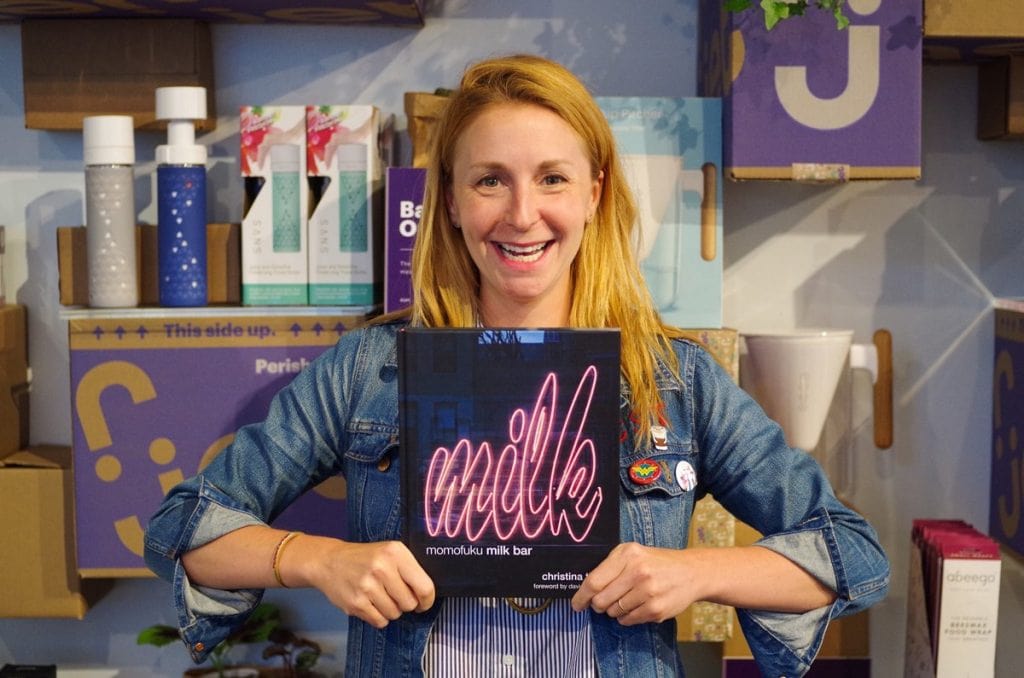
Christina Tosi
In 1965, Anita Lo was born in Michigan to Malaysian parents of Chinese descent. After studying at the prestigious Ecole Ritz-Escoffier cooking school in Paris, she grew as a chef and, in 2000, became the owner of the Michelin-starred Annisa restaurant in New York. Her contemporary cuisine blended Asian and French influences, though the restaurant closed in 2017 due to financial difficulties. Lo was the first female guest chef to cook a State Dinner at the White House under the Obama administration, preparing a four-course meal for Chinese President Xi Jinping.
Edward Lee was born in Brooklyn in 1972 to Korean parents and began cooking at the age of 11, inspired by his grandmother. After working in various restaurants, he moved to Louisville, Kentucky, where he went from a line cook to the owner of the renowned 610 Magnolia restaurant. His cuisine combines Korean influences with Southern U.S. traditions. In 2019, he published the book Buttermilk Graffiti and, in 2024, received the James Beard Humanitarian Award for his non-profit organisation, The LEE Initiative, which supports principles of diversity, equity, sustainability, and solidarity in the restaurant industry.
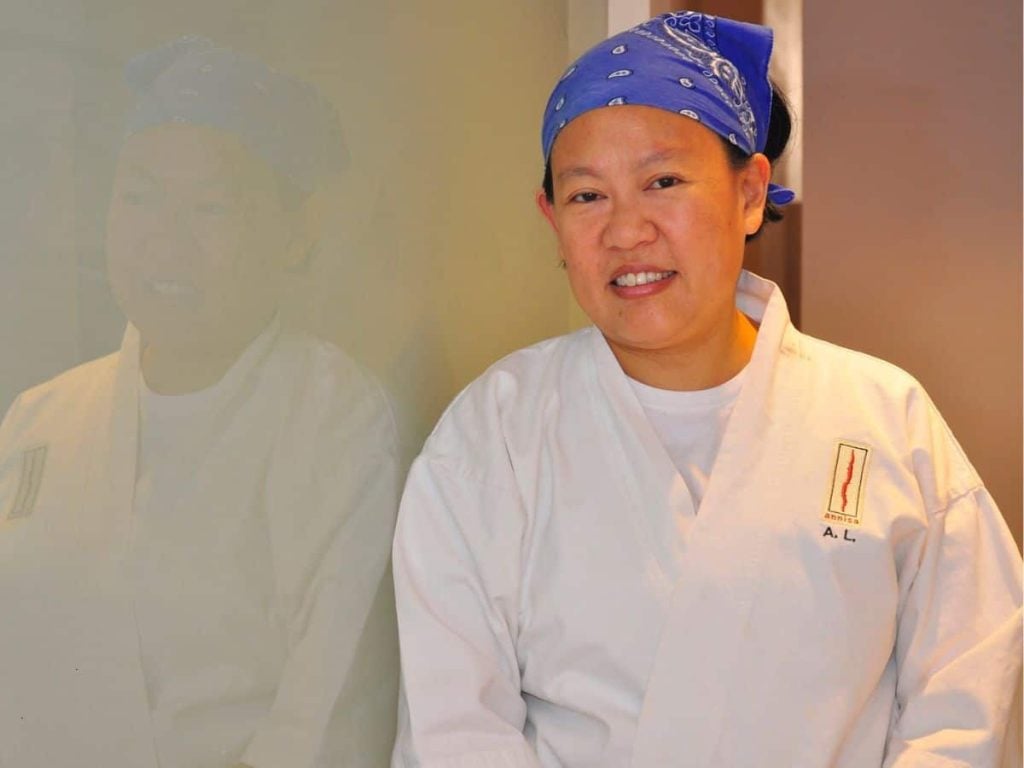
Chef Anita Lo
The experience of entrepreneur and television personality Joe Bastianich reflects the Italian influence on the American gastronomic scene. Born in Queens in 1968 to parents who were Istrian exiles (Lidia and Felice Bastianich), he initially worked as a bond trader on Wall Street, a career he soon abandoned to join his family’s restaurant business. At just thirty years old, he opened the Becco restaurant and, in the same year, partnered with chef and entrepreneur Mario Batali (also born in Seattle to immigrant parents—a Franco-Canadian mother and an Italian-American father) to open Babbo Ristorante e Enoteca, followed by numerous other successful ventures. In 2010, the duo, together with Oscar Farinetti, opened the first Eataly in Manhattan. For eight years, Bastianich was also a long-time judge on MasterChef Italia.
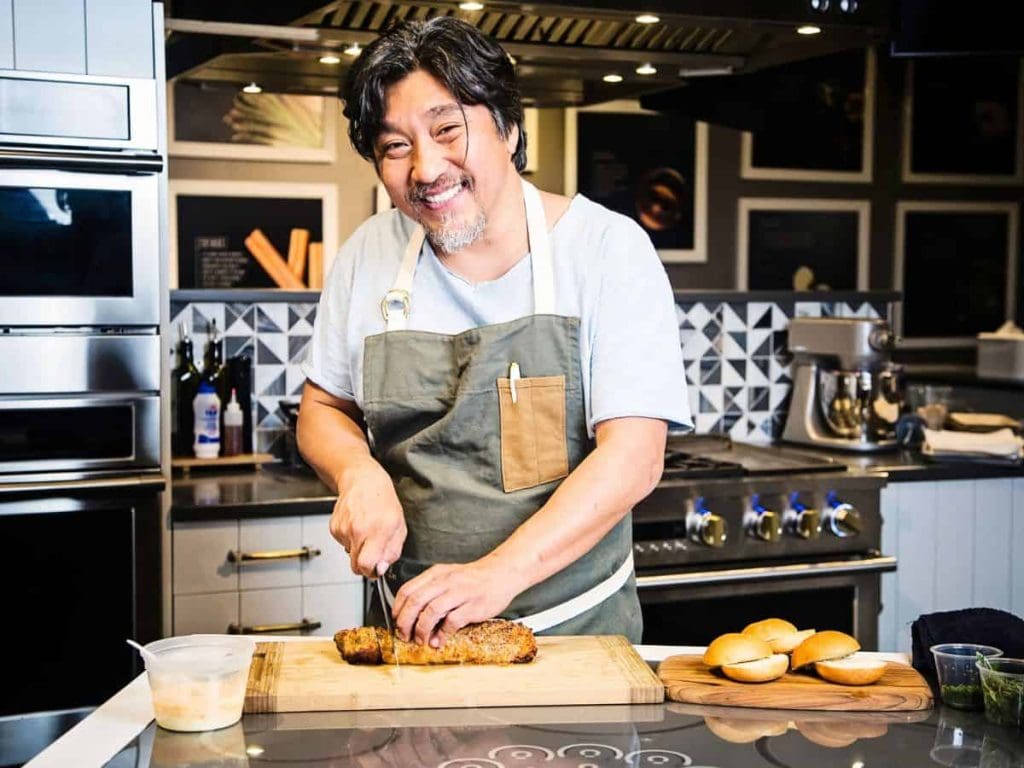
With the repeal of citizenship based on birthright, the debate over what it means to “be American” becomes even more critical. Abolishing this right paves the way for an increasingly fragmented society, in contradiction with the values that have defined the United States as “the land of opportunity.” The lives, careers, and legacies of these chefs and restaurant entrepreneurs remind us that cuisine, like identity, is never monolithic—it is a continuous encounter of stories, experiences, and flavours.

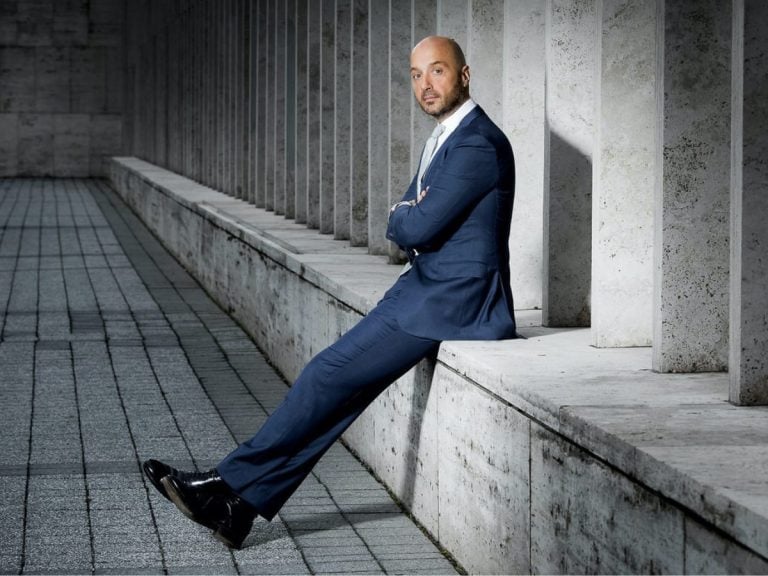
 Veronafiere closes 2024 with its best-ever financial results and confirms Federico Bricolo as Chairman
Veronafiere closes 2024 with its best-ever financial results and confirms Federico Bricolo as Chairman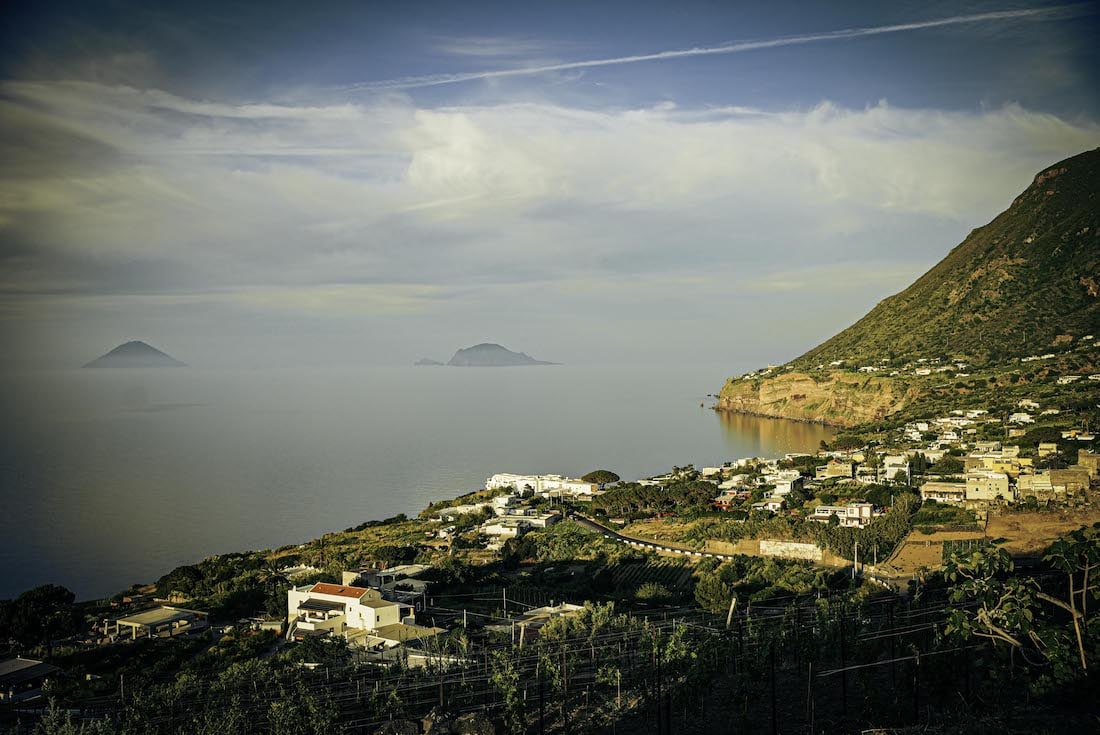 Not just Passito: it’s dry Malvasia driving the wine economy of the Aeolian Islands
Not just Passito: it’s dry Malvasia driving the wine economy of the Aeolian Islands In the United States, it’s Prosecco mania – despite Trump’s tariffs. And the credit goes to women
In the United States, it’s Prosecco mania – despite Trump’s tariffs. And the credit goes to women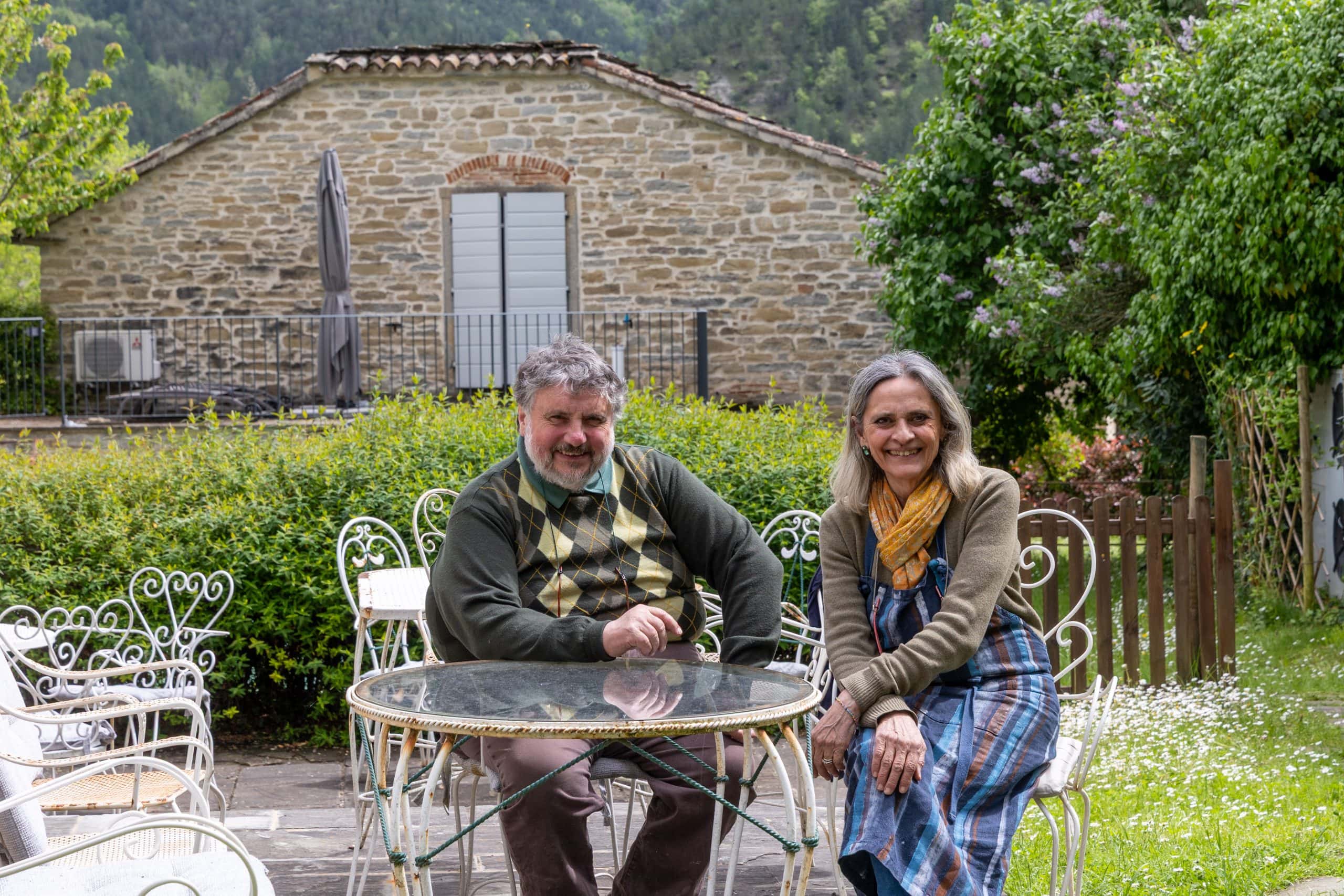 In Romagna, there's an osteria opened in an old rectory that has breathed life back into a depopulated village
In Romagna, there's an osteria opened in an old rectory that has breathed life back into a depopulated village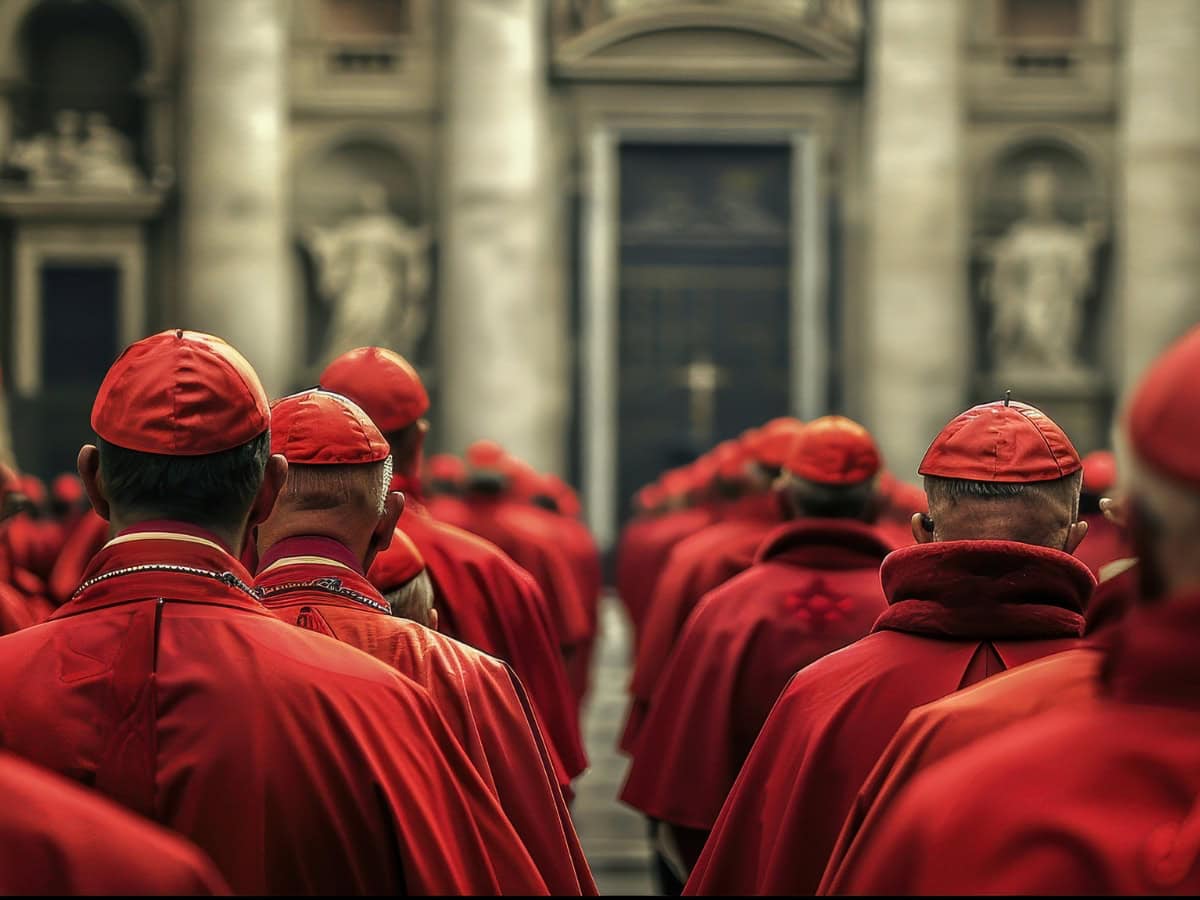 Dining with the Cardinals: here’s what they eat during the Conclave
Dining with the Cardinals: here’s what they eat during the Conclave
